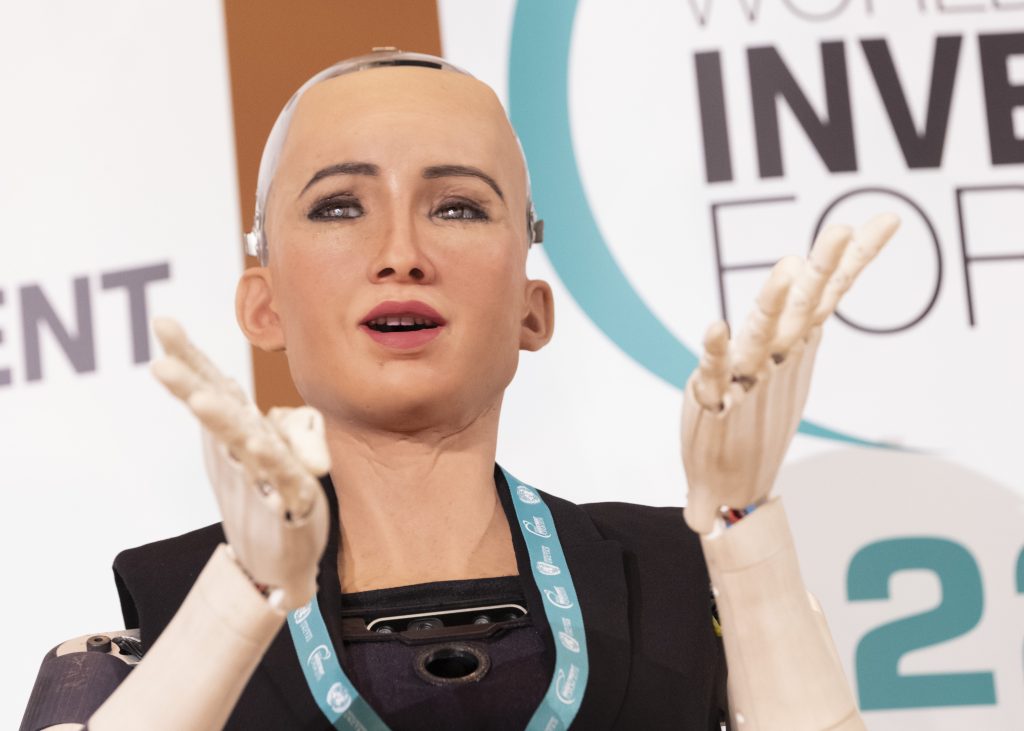In cyberpunk stories like Machinehood, we see how corporations gain power and control over people’s lives, especially through technology and resources. In Machinehood, the “pill funders” manage productivity-enhancing drugs that many people need to work in a highly competitive world. These corporations shape society by making people dependent on their products to survive, which mirrors how some companies influence our lives today.
For example, large tech companies like Amazon and Google have a significant impact on our daily routines, from the way we shop to the ads we see. They gather vast amounts of personal data, shaping what we see, hear, and even buy. Companies like Facebook have even been shown to influence political views by tailoring news feeds to certain audiences. Amazon’s control over its workers’ schedules and the conditions in their warehouses reflects how some corporations prioritize profit over people’s well-being.
Machinehood also highlights the dependence on performance enhancement, which is becoming more common in the real world. In gig economies, workers often rely on apps and metrics to keep up, similar to how people in Machinehood use productivity drugs. This is concerning, as it raises questions about whether society is pushing people to act like machines, losing personal choice and privacy along the way.
While Machinehood’s vision is extreme, it still warns us about the path we’re on. The story’s portrayal of corporations controlling every aspect of human life might be exaggerated, but it’s based on real-world trends that we can see today. This cautionary tale encourages us to think about the need for regulations and ethical standards, so that corporations don’t have unchecked power over individuals’ lives. While we may not reach the full dystopian world of Machinehood, it’s a reminder to be mindful of how much control we give to corporations.

Cavallaro, Dani. Cyberpunk and Cyberculture: Science Fiction and the Work of William Gibson. Bloomsbury Publishing, 2000.
#BP05







